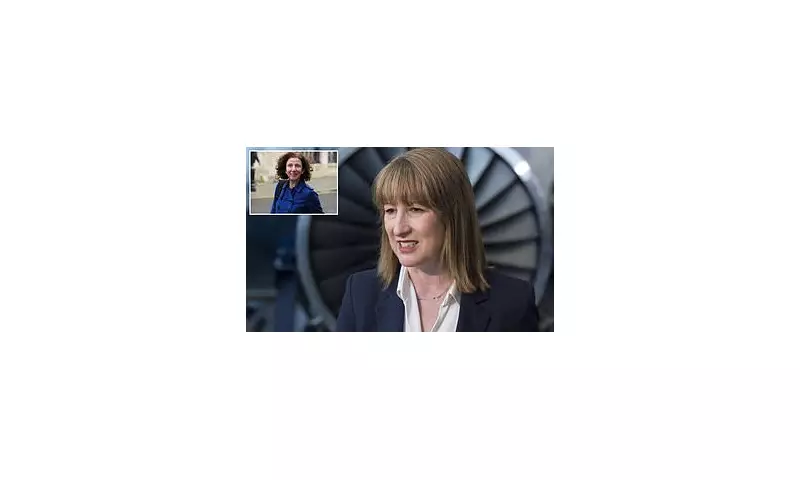
A former Labour minister has intensified pressure on Shadow Chancellor Rachel Reeves to introduce a wealth tax, cautioning against further spending cuts that could undermine vital public services.
The ex-minister, whose name has not been disclosed, argued that taxing the wealthiest in society would be a fairer approach to addressing economic challenges than implementing austerity measures. The intervention comes as Labour prepares its economic strategy ahead of the next general election.
Growing Calls for Wealth Tax
The debate over wealth taxation has gained momentum within Labour ranks, with several prominent figures advocating for a more progressive fiscal policy. The former minister warned that failing to tax wealth could lead to deeper cuts in public spending, disproportionately affecting low and middle-income families.
"We cannot repeat the mistakes of austerity," the ex-minister stated. "A wealth tax is not just about fairness—it's about ensuring we have the resources to invest in schools, hospitals, and infrastructure."
Reeves Under Pressure
Rachel Reeves, who has positioned herself as a fiscally cautious Shadow Chancellor, now faces mounting pressure from within her own party to adopt more radical economic policies. While she has previously ruled out immediate tax hikes, the growing discontent suggests Labour's economic agenda may need to evolve.
Critics argue that without bold measures, Labour risks failing to address the UK's widening wealth gap. Meanwhile, supporters of Reeves maintain that fiscal responsibility is crucial to winning voter trust.
Public Opinion Divided
Opinion polls indicate mixed public sentiment on wealth taxation. While many support higher taxes on the richest, others fear it could deter investment or lead to capital flight. The debate is set to dominate economic discussions in the run-up to the election.
As Labour finalises its manifesto, the party must balance progressive ideals with pragmatic policymaking. The outcome could shape Britain's economic future for years to come.





